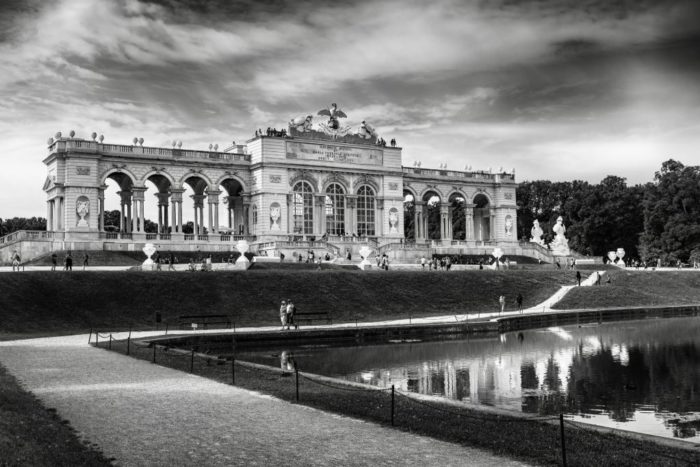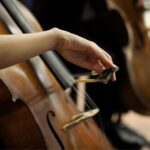No other city has such rich history in music like Vienna does! What was the city like when Beethoven arrived as a young man? How could a musician make a living? Let’s find out!
At the end of the 18th century opera was the main attraction in Vienna. After the death of Joseph II. who was a great promoter of German opera, the Italian opera buffa regained its old position as favorite. When Beethoven arrived in Vienna as a young man he found the opera vibrant and exclusively Italian.
As opera and non-religious music was on the raise, church music existed in the shadows. Under the new monarch Leopold II., Salieri was forced to give up his position as director of opera and became the head of sacred music at the Court Chapel. Albrechtsberger, first Court organist later musical director at St. Stephen Cathedral, was another important figure on the musical landscape. Two heavy weights in a fading business…
|Related: Beethoven and Albrechtsberger
Regular public concerts and a musical public, as we know them today, were almost non-existent. Mozart had some luck in this enterprise with his subscription series, but after his death there was no one who dared to organize such events. Single public concerts given by admired virtuosos were common of course.
There were four yearly and regular benefit concerts for the widows and orphans of musicians. Two at Christmas and two at Easter – Salieri being one of the organizers.
|Related: The first public concerts of Beethoven in Vienna
Many other European capitals equaled Vienna in operas or church-music, London had far better offerings of public concerts. What made Vienna special then? What Bach started, Haydn and Mozart built-up and Beethoven further perfected: the purely instrumental music! Starting by the Royal Family showing interest and good taste in instrumental music for generations, followed by the complete nobility of the Empire, that was universally devoted to this genre. Those who had outstanding wealth kept complete full-time orchestras, like Esterhazy, who employed Haydn for three decades. During job interviews at such households, being able to play an instrument was an advantage…
For such families, being at their castles or country houses during summer, or residing in the city at winter, music was a daily entertainment and social activity. Soon, the nobility was joined by the class of rich citizens, who imitated the habits, if not fully the taste. This considerable demand for chamber music was a magnet for young musicians not only in the Empire, but all over Europe.
A special form of art financing also arose, something we call today name sponsoring. In this arrangement a wealthy person ordered a new piece and the musician dedicated it specially to this buyer.
|Related: Patrons of Beethoven
Musicians with some reputation could make regular income by performing private concerts at noble or wealthy families. For composers it was the main occasion to present their new works.









